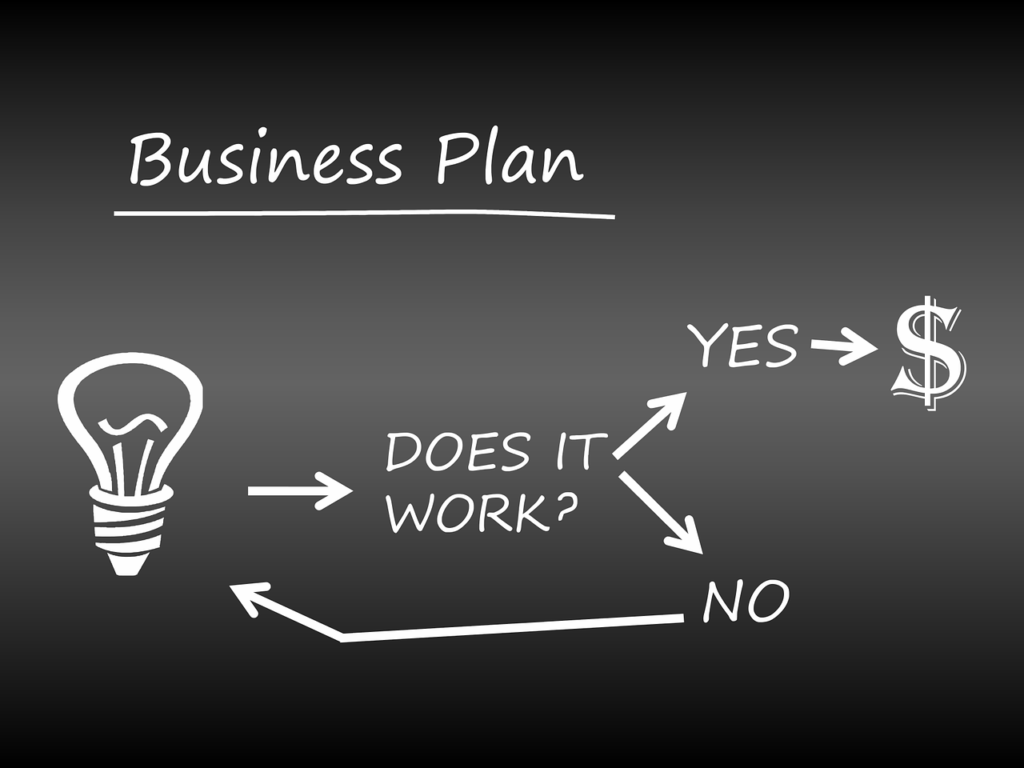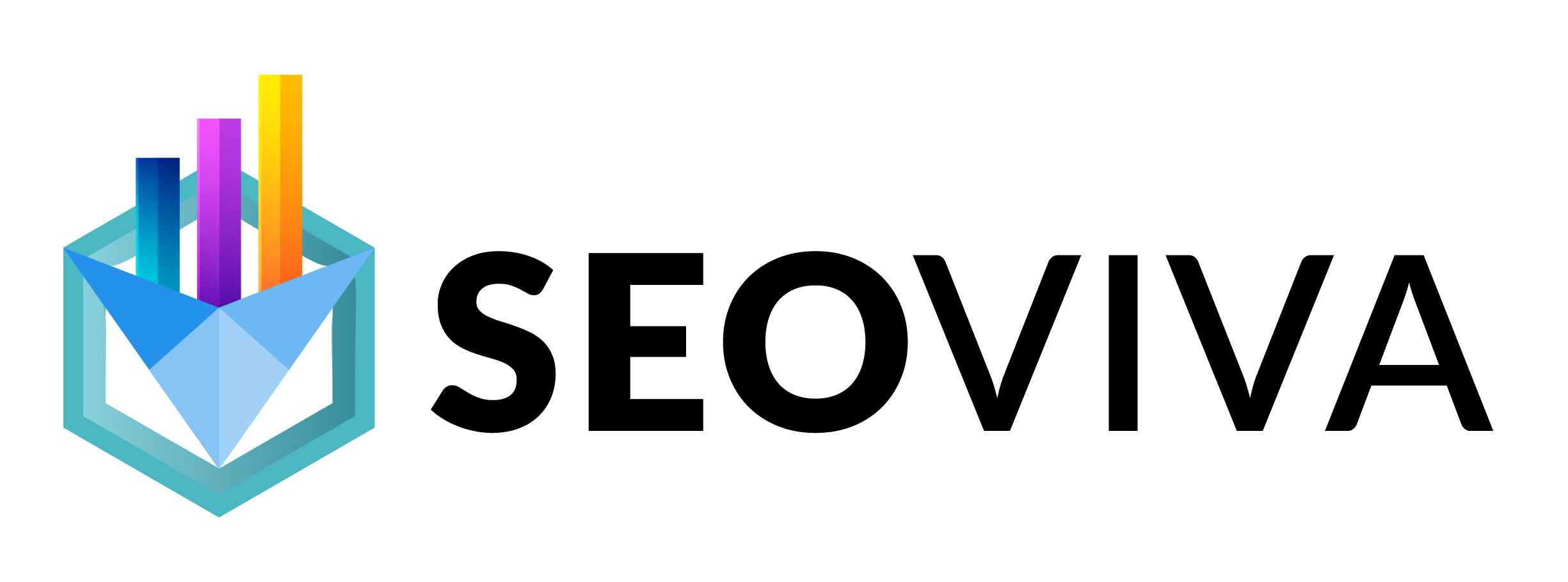Starting a business can be a daunting task for many. It takes a lot of planning, organization, and hard work. There are times you are up late at night wondering where to start. There are times you think about what you would love to do and limit your ambition. But, with the right approach and enthusiasm, the idea of starting a business will appear more like a game than anything else.

If you are starting a new business, make sure you have everything figured out before initiating work to avoid wasting time and energy. A small-scale business can bring up many responsibilities. An entrepreneur has to be in charge, especially when you have something to run. But, learning and growing a business is not easy, especially when you are not an expert in the field.
What is a Small Business?
A small-scale business has less than 500 employees. It can also be referred to as a micro-business or even the mom and pop shop. Small businesses are usually run by an individual or couple of people who have limited resources for finances, staff, etc. They tend to be associated with small-scale enterprises.

Small businesses can be done by anyone of any age who is interested in starting a business but needs some help getting started on the right foot. They can also be triggered by people interested in learning to run a business because they think it would be exciting or fun.
These businesses usually have limited resources for finances, staff, etc. Small-scale enterprises offer opportunities for budding entrepreneurs to enter the market cost-effectively. Anyone can start a small business, and there are no limits to their potential, size, or strategy of being set up.
Types of Small Businesses
Small businesses can be run by individuals or a group of people. The type and size will determine the nature of the business they are operating in and what services they offer to customers. There are various types of small businesses that operate in different ways, depending on their size and structure, including:

Corporations:
A corporation is essentially a business form through contracts between many individuals linked into one entity. The business is usually controlled by a board of directors elected by the members and can have different roles, depending on their job. They also decide what services they will provide to customers and how much profit they wish to make from them.
Groups of individuals:
This is a group where two or more people operate the business. The main difference between these and individual businesses is that one person usually doesn’t have to be responsible for all aspects of running the firm so that it can work with greater efficiency than an individually run business. For instance, if one person is responsible for the finances of a small group, it can be possible to achieve more remarkable results than an individual running their firm could by themselves.
Individual or A Single Person:
These are the smallest of all businesses and can be started by a single person. The individual may also partner with other people to form their business, though it is usually done solo. These ventures tend to work on minimal budgets and don’t offer many services.
Why is a Small Business Imperative?
A small business is imperative because it allows individuals to have complete control over their work and what they produce. This can be important in cases where the individual wants to set their hours, make their own decisions, and be in charge of their career path.
A small business often provides the individual with a higher level of personal satisfaction, as they can work in the way that suits them best. As the individual becomes more successful, they may attract good employees and even develop loyal customers.
This can make for a stable business capable of being conducted with greater efficiency than an independently run firm that has less control over its operations. Additionally, it can help develop a person’s skills and abilities, allowing them to learn how to manage their own business.
An individual must start with a small business because it can be challenging to find funding if they start from scratch, requiring large amounts of money. The individual may also need to start a business to gain experience or knowledge, which can be difficult if they are doing things under the guidance of others.
Strategies for Starting a Small Business
There are several strategies that an individual can use to start their own small business.

- Do Your Research: Before starting a small business, it is essential to do your research. This will let you know what things you need to start the business and what resources are available to help you get started.
- Get Expert Opinion: When starting a small business, it is essential to get an expert opinion. An individual should consult with business consultants and other people that have already begun a small business to gain insight into their needs and opportunities.
- Create an Identity: It is important for an individual starting up a small business to create something unique to help them stand out. A person should create a logo, business cards, and website, which will give the individual credibility and credibility to potential customers when they are looking at the small business.
- Create Plans: After you have researched your marketplace and created some identity, you can make plans to start the business. The individual should have these plans written down to help them through difficult times and provide some structure for your small business.
- Create a Budget: Creating a budget is vital to help an individual start a small business. A person should create and stick with the budget until they have started making money. Once you are earning profits, you can change your plans, but it is best not to make any significant changes until you have had some time to start the business.
- Start Your Small Business: Once your plans are all completed, it is time to begin your small business and start making money for your small business idea to work out as planned. Keep track of your business and use this information to inform your decisions.
Benefits of Small Business
Small Businesses are a great way to start their businesses without worrying about the enormous upfront costs of purchasing an industrial or office building. The key is finding places where there will be enough demand from consumers and suppliers to make money on your products or services. There are many benefits to starting a small business. Some of the major benefits include increased independence, control over your work schedule and income, and the ability to work from home if desired. In addition, there can be significant advantages in terms of networking opportunities and building a strong customer base. Finally, small businesses can be an excellent way to supplement one’s income in retirement if the entrepreneur is willing and able to do so.
Conclusion
Everyone wants the flexibility of working from home and having more control over their work schedule, making small businesses an excellent alternative for most people wishing for this opportunity. In addition, there can be many other benefits that make owning a small business a great option. It is important to remember that it takes time and some hard work to start your own successful Small Business, but this can be achieved with the right amount of dedication!


